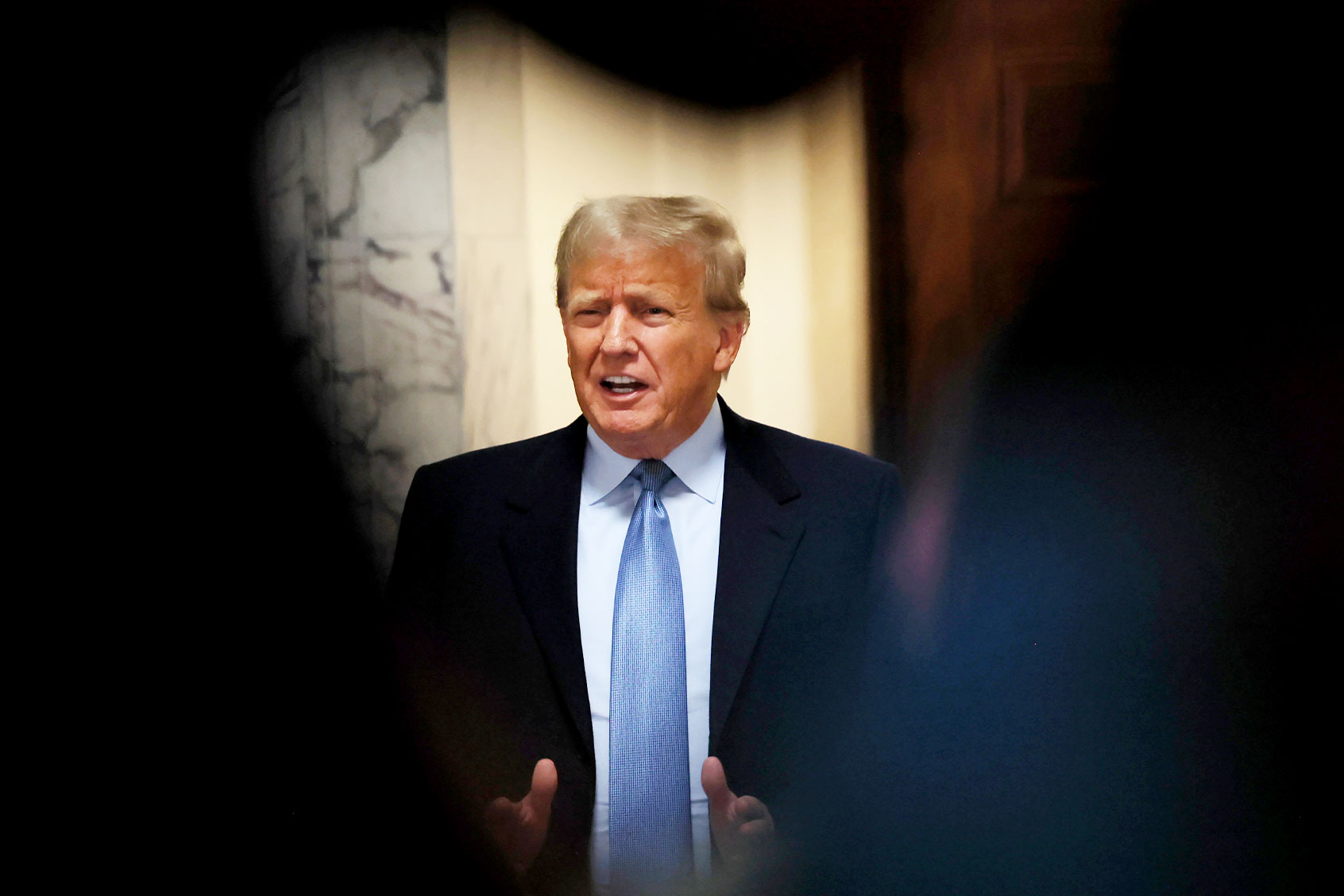The former president of Spanish-language television network Univision called out its recent interview with former Pjresident Donald Trump, calling it an "insult to the Hispanic community." Joaquin Blaya, during a sit-down with MSNBC's Rachel Maddow, called the interview “a one-hour propaganda open space," adding “there is no doubt that in doing what they [Univision's owners] did, had to be a corporate decision.” Blaya told Maddow that Trump's appearance on the network “is a drastic change for what have been the standards of Univision. When I created the Univision network news, they were built on the principles of American broadcasting journalism, the ABC, CBS, NBC… we were trying to basically create a Spanish but American network. And I say that because there’s a big difference from our association in those days with the news that we’re coming from Mexico.”
He alleged that “to call the Trump an interview is mistaken. It was not an interview, as we understand in the United States. That was basically a one-hour propaganda open space for former President Trump to say whatever he wanted to say. And for those who understand the business, there is no doubt that in doing what they did, had to be a corporate decision. That is not a decision that the local news director or the local general manager would have taken on its own.” Univision also pulled ads purchased by Biden's administration for the interview after referencing a previously unannounced policy about running opposition advertisements during single-candidate interviews.


